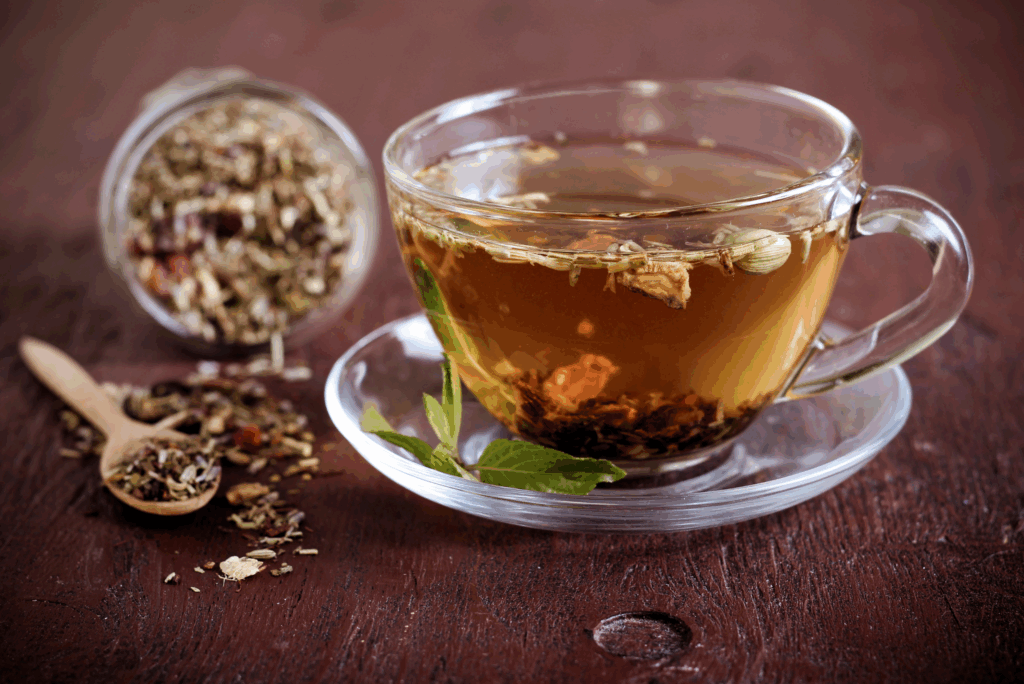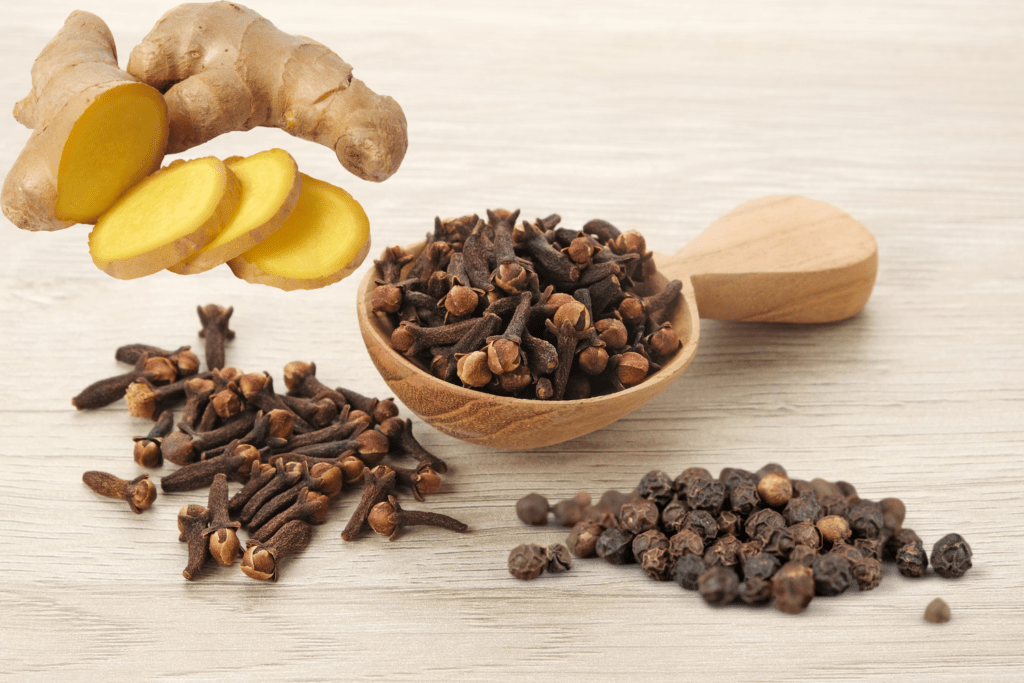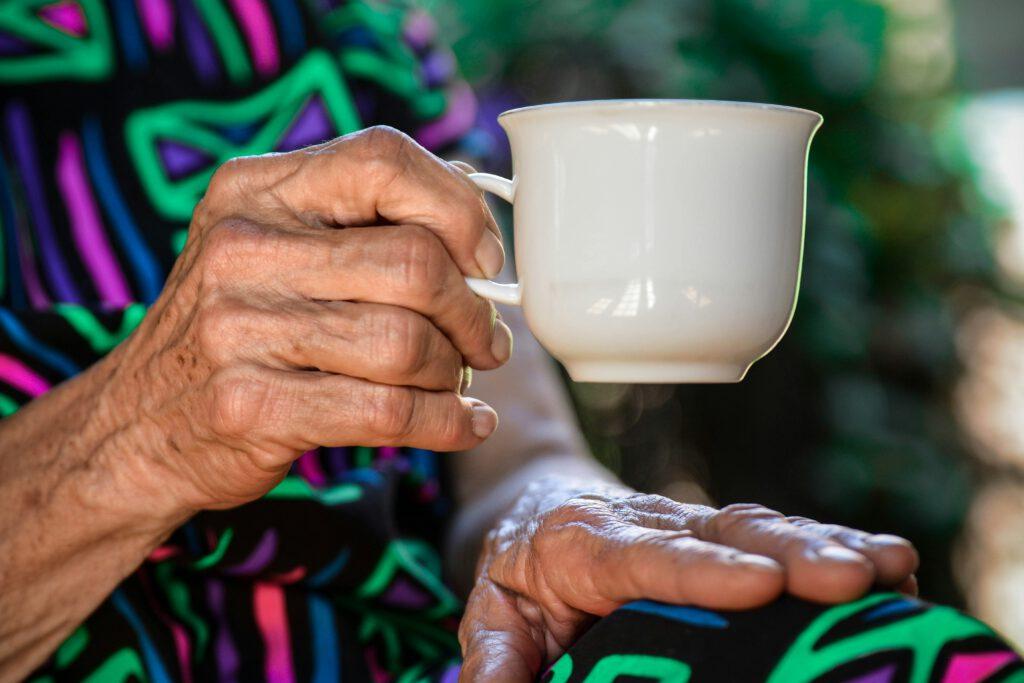Ayurveda Approach for Diseases
In the Ayurveda Approach for Diseases, health issues stem from imbalances in your natural constitution, or doshas. These imbalances can arise from dietary choices that don’t align with your constitution, lifestyle habits, spiritual neglect, inadequate sleep, lack of physical activity, and other life pillars.
To treat diseases, Ayurveda offers strategies to identify and address these imbalances, aiming to treat or mitigate the damage caused by various conditions.
In this page, you will find a wealth of posts on specific diseases, each neatly organized into separate subcategories. This allows you to easily browse through articles tailored to your specific health concerns.
Incorporate Ayurveda into your traditional medical treatments and experience how this ancient practice can transform your life.

3 Benefits of Cumin in Ayurveda: A Natural Remedy for Digestion and Beyond
Flu & Throat Ayurvedic Remedies, Balance Your Kapha Dosha Naturally
2 Natural Ayurvedic Remedies for Coughing
Hypertension and Ayurveda
ADHD and Ayurveda
Rheumatism and Ayurveda
Ayurveda offers a comprehensive approach to the treatment of rheumatism, also known as rheumatoid…
Depression and Ayurveda
Adiposity and Ayurveda
Multiple Sclerosis and Ayurveda
Arthritis and Ayurveda
Ayurveda offers a holistic approach to the treatment of arthritis, an inflammatory disease of…
Hyperthyroidism and Ayurveda
Ayurveda can help in the treatment of hyperthyroidism, a condition in which the thyroid…
Hashimoto Thyroiditis and Ayurveda
Ayurveda can provide supportive care in the treatment of Hashimoto’s thyroiditis, an autoimmune disease…
Diabetes Type 2 and Ayurveda
Diabetes Type 1 and Ayurveda
Dietary Choices and Nutrition
One of the fundamental pillars in Ayurveda is the importance of a balanced diet tailored to your dosha. Fresh vegetables, fruits, and whole foods play a crucial role in this system. Ayurveda prescribes specific dietary guidelines for each dosha to correct imbalances and promote health. For instance, Vata types benefit from warm, moist, and grounding foods, while Pitta types thrive on cooling, less spicy diets, and Kapha types do well with light, warm, and spicy foods. By aligning your diet with your dosha, you can prevent and manage diseases effectively.
Also check out our article on Ayurvedic cooking and our recipe blog.
Herbal Remedies and Natural Treatments
Ayurvedic treatments often include herbal formulations tailored to the individual’s constitution and specific health issues. Herbs and natural remedies play a vital role in Ayurveda. For example, Triphala, a blend of three fruits, is commonly used to detoxify the body and balance all three doshas. Other herbs like Ashwagandha, Turmeric, and Brahmi are used to treat a variety of conditions by addressing the root cause of the imbalance. These natural treatments support the body’s healing processes and restore balance.
Lifestyle Habits
Maintaining a balanced lifestyle is another key aspect of Ayurveda. This includes adopting daily routines that align with natural cycles, such as waking up early, practicing yoga or other forms of exercise, eating meals at regular times, and ensuring adequate rest. Irregular sleep patterns, excessive stress, and poor lifestyle choices can disrupt the balance of your doshas. Ayurveda emphasizes creating harmony in your daily activities to support overall health and well-being.
Regular physical exercise is essential in Ayurveda for maintaining balance and health. However, the type and intensity of exercise should be suitable for your dosha. Vata types should engage in grounding, calming exercises like yoga or walking, while Pitta types benefit from cooling activities like swimming, and Kapha types should opt for vigorous activities like running or aerobics to stimulate their metabolism. Physical activity not only supports physical health but also helps in balancing the mind and emotions.
Inadequate sleep is a major disruptor of doshic balance. Ayurveda places great importance on good sleep hygiene. Proper rest allows the body to repair and rejuvenate itself. Thus, each dosha has different sleep requirements and patterns. For example, Vata individuals need a warm, calming bedtime routine to soothe their active minds, while Pitta individuals should avoid late-night work to prevent overheating of the mind and body. Quality sleep is essential for maintaining overall health and well-being.
Browse the compendium:
0. Ayurvedic Expert Consultation
0.1. Ayurvedic Treatments
1. About Ayurveda
2. Healthy Life
3. Beauty and Ayurveda
4. Weight Balance
5. Ayurvedic Medicines
6. Stress Balance
7. Ayurveda Cooking
8. Diabetes and Ayurveda
9. Yoga, Meditation and Pranayama
10. Ayurveda Approach for Diseases











